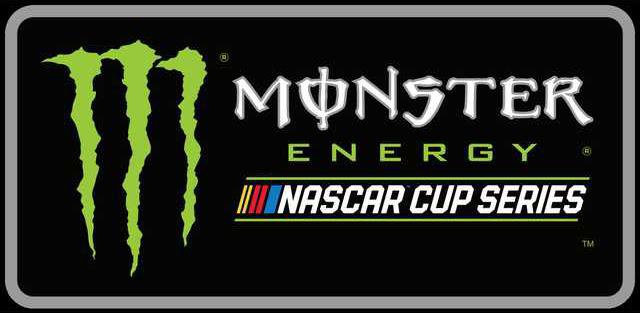Kyle Larson lost a race he probably should have won because of a late caution.
Larson didn't pout Sunday about the outcome at Dover International Speedway. He had a win in sight, a caution bunched the field and Jimmie Johnson beat Larson on the restart.
As disappointing as it was to Larson, he was professional in defeat.
"Jimmie is the best of our time, probably the best of all time," Larson said. "He just has obviously a lot more experience than I do out on the front row late in races, and executed a lot better than I did. I've got to get better at that and maybe get some more wins."
For those keeping score at home, Johnson won at Dover for the 11th time and his 86th career victory tied him with Hall of Famer Cale Yarborough on NASCAR's all-time win list. Larson is in the midst of a breakout season, but has just two Cup career wins.
The entire post-race scene was a stark contrast to just one week ago, when a cranky Kyle Busch faced defeat at Charlotte Motor Speedway. He thought he had the Coca-Cola 600 won, only to learn Austin Dillon had stretched his fuel mileage to the victory. It was Dillon's first career Cup victory, and denied Busch his first victory in a Cup car in a points race at Charlotte. He'd won a week earlier in the $1 million All-Star race for his first Cup win at Charlotte in a race that doesn't allow him to check Charlotte off his Cup resume.
So as Busch met his required post-race media obligation, the exchange went like this:
Question: "Were you surprised that Austin could stretch it on fuel? What does it mean for Austin to get his first win?"
Busch: "I'm not surprised about anything. Congratulations."
Moderator: "Kyle, thanks for your time."
Busch dropped the microphone and walked out of the room.
Fans blasted him for being boorish. Dale Earnhardt Jr. publicly encouraged Busch to never change. Brad Keselowski, who does not get along with Busch, waxed poetic about sportsmanship and class.
The entire thing is overblown.
Busch was not unprofessional during his visit to the media center. He simply lacked graciousness in defeat. He was asked a question, he answered it curtly and summed up his frustration over a winless season with Joe Gibbs Racing and an inability to knock Charlotte off his wish list. No one asked Busch a single follow-up question, either; he was excused after his mic drop because no one dared poke the bear.
There were many times in Tony Stewart's career where he was angrily took things out on reporters or even fans. "Smoke's in a bad mood," the thinking went, and everyone turned a blind eye.
Why the difference in reaction between Stewart and Busch? Probably because Stewart has a charming side that he uses to disarm his critics. He would eventually come around (sometimes it took a while) and have an entire room laughing at his wicked humor and self-deprecating wit.
Busch is not Stewart. That doesn't mean he's a bad person.
It takes all kinds to make NASCAR go round. Sports, at its heart, is entertainment. Johnson wasn't popular during his record run of titles because fans found him too boring. Busch and, to a larger degree, his brother, Kurt, are often criticized because they are far more like Greg Popovich than, say, Steve Kerr.
Look, Kevin Harvick has never taken losing well. Chase Elliott, Erik Jones, Ryan Blaney and many of the newcomers have shown signs of prickliness following defeat. Larson, Johnson, Keselowski are part of a group that can still be candid and polite even when disappointed.
After a crush of media followed Fernando Alonso's every move around the Indianapolis 500 for nearly a month, and he'd done countless promotional obligations with a smile, his engine failed with 20 laps remaining in the biggest race in the world. The two-time Formula One champion finished 24th.
Rather than whine about it, Alonso made his way through a crazed fan zone, went upstairs to the media center and answered every single question posed.
When he was done, he thanked the media for his two week shadow, then toasted the assembled crowd with a carton of milk.
Drivers today can't all be Alonso or a Busch brother. There's a need for every type of personality, for drivers to be wired in their own unique way. It makes auto racing exciting on and off the track.
After all, if the sport could carry itself right now on the track, then six words spoken by Kyle Busch wouldn't have taken on a life of their own.
In The Pits: Racing needs all personalities





